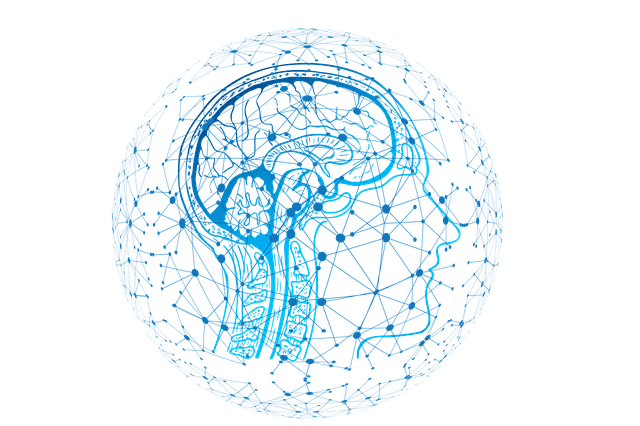
Neurologist vs. Neurosurgeon
Have you been searching for the differences between a neurologist and a neurosurgeon? Well, we’re glad you’re finally here to learn more about the subtle and not so subtle differences between each profession and where they overlap as well. You’ll discover the ins and outs of each profession and how we at Neurosurgery & Spine Consultants are here to help you every step of the way on your journey towards better health and wellness through neurological testing and neurosurgery. Read on to discover more and why we’re one of the best in Texas when it comes to treating our patients with advanced technology and comprehensive care.
What is a Neurologist
A neurologist will diagnose, order tests, and perform certain types of surgeries; eyt they will not perform any type of brain or spinal cord surgery. However, a general neurologist will perform LP and NCS/EMG. Additionally, subspecialty neurologists may perform:
•intraoperative brain and spine monitoring
•autonomic testing
•endovascular procedures including angiograms and coiling of aneurysms, botulinum toxin injections, skin and muscle biopsies
Which Conditions Do Neurologists Treat?
As mentioned above, neurologists will often go about treating the above-listed conditions through the above-listed procedures, yet their main goal is to provide a proper diagnosis through a series of tests which the neurosurgeon can then properly treat through a surgical procedure. A neurologist’s assessments and diagnosis are extremely important within the process as well, so it’s best to find a neurologist and neurosurgeon who have successfully worked together in the past to best determine the right steps of action to take to resolve the patient’s condition.
What is a Neurosurgeon?
A neurosurgeon is a neurosurgical specialist who specializes in treatment of the brain, spinal cord, neck/back, and a large number of other neurological conditions such as Parkinson’s Disease, trigeminal neuralgia, head injury, etc… A neurosurgeon is able to perform surgery on the brain and spinal cord, whereas a neurologist is typically not able to do so. In addition to performing surgical procedures, neurosurgeons are also able to help you navigate through your diagnosis, your treatment plan, the actual surgery, and post-recovery options. Neurosurgeons are extremely skilled with resolving issues within the brain and the body’s neurological components.
Which Conditions Do Neurosurgeons Treat?
As mentioned above, neurosurgeons treat conditions associated with the brain, perform surgery on the brain itself, perform surgery on the neck/back area, and perform surgery on the spinal cord. Nearly any condition associated with those areas of the body, a neurosurgeon will be able to treat in some way, shape, or form.
Neurologist vs. Neurosurgeon: In Summary
The biggest difference between a neurologist and a neurosurgeon is a neurologist typically does not perform surgery, they’ll nearly always diagnose a condition through a series of tests which the associated neurosurgeon will then utilize to best treat the condition through a surgical procedure. As for neurosurgeons, the main difference is they’re able to perform surgery on the brain, neck/back, and spinal cord due to possessing many, many years of studying, researching, and performing surgeries on the brain, neck/back, and spinal cord.
Choosing Neurosurgery & Spine Consultants
If you’ve been searching for a neurologist or neurosurgeon, or both; we can help! Feel free to contact us using the form below and we’ll be sure to have you seen by one of our amazing medical specialists as soon as possible to have you on the right path to health and wellness once again. We look forward to hearing from you soon and we’re eager to begin providing solutions for your condition!
DISCLAIMER: No content on this site, regardless of date, should ever be used as a substitute for direct medical advice from your doctor or other qualified clinician.